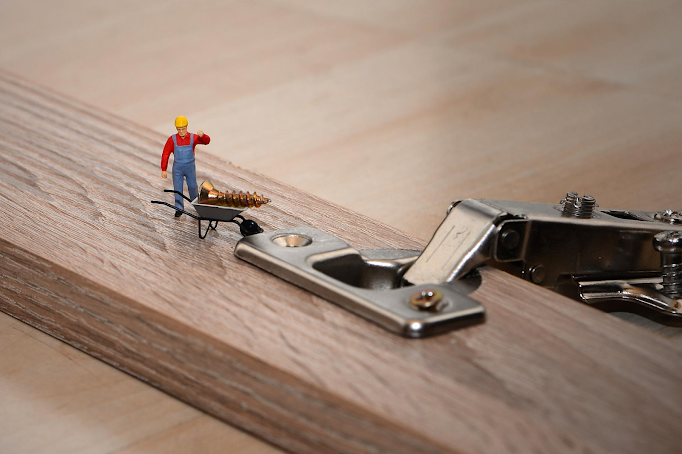Are Permits Really Necessary for My Remodeling Project?
Issues around getting a permit for their remodeling projects, or to those who dread them like the plague. So let’s clarify something off the bat. In California and per the CSLB (Contractors State Licensing Board) a permit is required for any construction work in the home, that involves; electrical, plumbing, framing, tile work, installation of windows and doors, stucco, and roofing work, and yes even if you are only changing the kitchen sink, potentially a permit is required. Please check with your local building code in regards to what permits are recommended and the process to get them. The notion that a permit is only required when walls are being moved, or re-arranged is flawed. A permit will be required, and it is best to get the work done inspected, and make sure building codes are adhered to.
There are two ways of getting permits for a remodeling project:
As a home owner in California, you have the right to pull permits as an “Owner/Builder” or if you hire a professional with a construction License you can get permits pulled under the “General Contractor” or if it’s a specialty trade, like only electrical or plumbing work. You may also get a permit that is processed by the specialty contractor on your behalf. You might believe that getting your own permit is a good idea. And it may cost you a little less upfront. After all a General Contractor (GC) may charge you a small or sometimes a substantial fee to get the permits on your behalf, depending on the scope of work and complexity of the project. However let me explain in detail what happens when you as an owner get permits under your name. And how this compares to getting permits under a licensed professional.
The number one issue with getting permits as “Owner/Builder” has to do with risk. Let me rephrase that, The RISK you take on when you get permits under your name, can expose you to a workers compensation claim and or a personal liability suit. Besides running the risk of having a lien placed on your property if there is a dispute that results in you as the homeowner not paying the workers in full, you have a latent risk of having to pay money out of pocket for medical expenses, and possibly injury or death of anyone who works on your property. For most homeowners the rest is simply too high, and they understand that a bid from a licensed contractor that will get the permits and transfer the liability against such a claim to their company will be a tradeoff they are willing to pay, as sort of an insurance policy if you will.
If and when you do sign a construction contract with a GC that gets permits in your behalf, do make sure you also request the following documents:
A liability insurance endorsement, and a workers compensation insurance endorsement.
Both are necessary to protect you the homeowner; there are contractors who will claim en exemption to having a separate “Works compensation Insurance Policy” because they sign a document that states, they do not hire anyone else, and they do the work themselves, this is great if you hire an electrician or plumber that works “Solo” but most of the contractors have a helper, and one who is a GC will have several different types of Sub Contractors; don’t be fooled into thinking it’s OK that the contractor you hired doesn’t have worker’s comp. insurance; in the event something happens, You the homeowner will be held liable for a workers injury, medical bills, long term health care, and or death. Is it really worth the risk?



Comments
Post a Comment